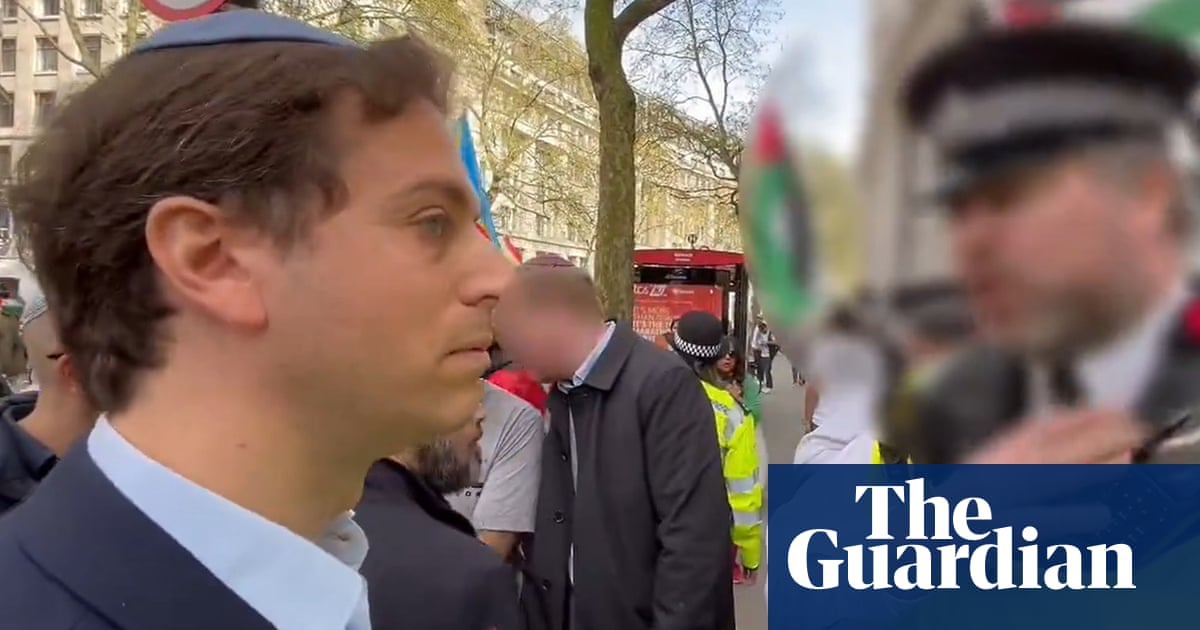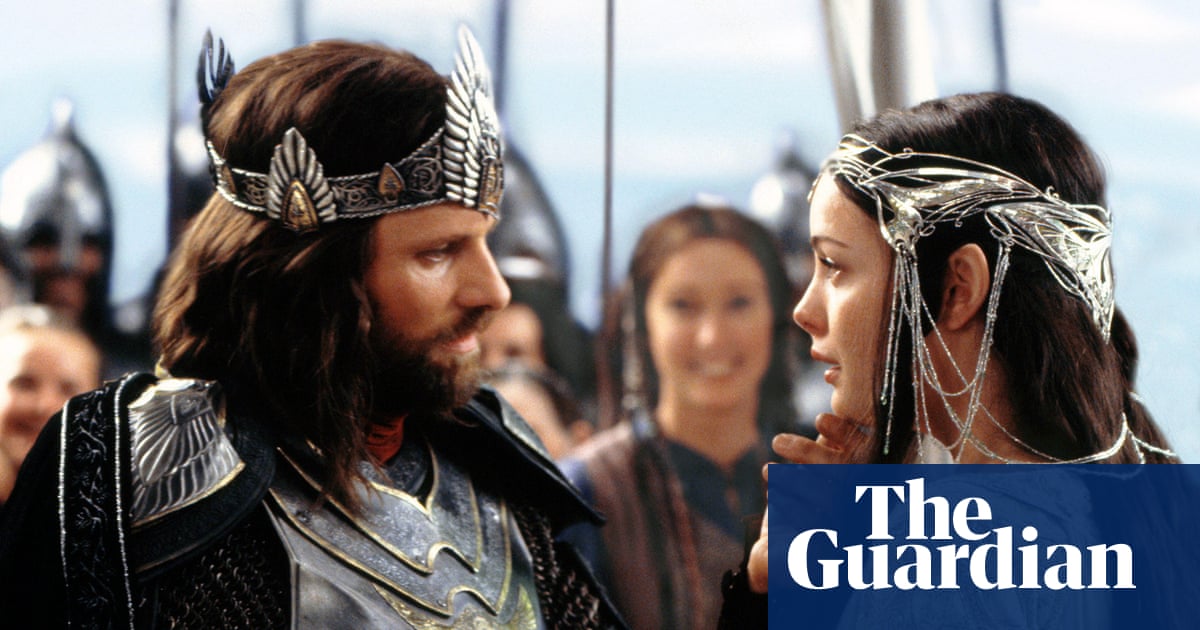
I was both sad and happy when I heard yesterday that Haitham Al-Ghais has been appointed the next secretary general of the Organization of Petroleum Exporting Countries.
The sadness is due to the departure of the current secretary general, Mohammed Barkindo, who will step down in July after six good years in the post. During that time he was the respected face of OPEC, with long years of experience in the oil industry and diplomacy.
He was a true diplomat, not because every OPEC secretary general is afforded this diplomatic status with appointment to the job, but because he knows how to build bridges between people, communities and, most importantly, tough OPEC ministers.
In July, Barkindo he will pass the baton to another proven diplomat. Al-Ghais’s father was an ambassador to Kuwait and he himself was involved in oil diplomacy between 2017 and 2021, when he served as Kuwait’s governor at OPEC. Thanks to the years he spent working in other countries, he speaks many languages, including Portuguese (and Spanish if I’m not mistaken).
Why am I so happy about the news of his OPEC appointment? Firstly, it has been a long time since we have seen a national of a Gulf Cooperation Council nation managing OPEC’s affairs. Kuwait has provided OPEC with competent heads of research in recent years, namely Adnan Shihab-Eldin and Hassan Qabazard. The former also served as acting secretary general in 2005, which was the closest a GCC national got to the job in a very long time.
Secondly, the unusually smooth selection process tells me that OPEC has matured and become more professional in its dealings. Things were not so easy in the past; there was always a heated battle to select a candidate to head OPEC as all member countries wanted to see one of their own assume the prestigious role.
The last such battle took place in Vienna before Barkindo was selected as head of the organization. Saudi Arabia, Iraq and Iran reached a deadlock, with each country insisting on its own candidate. The stalemate dragged on for three years and Abdullah El-Badri, the departing secretary general, received a rare extension to his term; under normal circumstances, the OPEC charter stipulates that no extensions can be given after six years in the post.
The appointment of Barkindo was a compromise and a solution to the deadlock. But this does not seem to be the case with Al-Ghais. This time there were no other candidates, according to media reports.
How did this happen? What happened to the protracted battles over the position? I cannot believe that OPEC’s procedures suddenly became this calm and smooth. There are many explanations.
Firstly, OPEC is now overshadowed by OPEC+, the alliance it formed with other oil-producing nations. The latter now makes all the calls and so the former’s role is becoming less important than it used to be, which means member countries are less interested in getting involved in lengthy battles to win the top seat.
Secondly, Saudi Arabia has in recent years managed to lead OPEC into a new era with a new, diplomatic direction, as it now enjoys good relations with all members. Iraq for example has never been as close to the Kingdom as it is today. Therefore, there is less room for in-fighting.
At the same time, Iran is fighting its own battles in Vienna with global superpowers over its nuclear program and is in no mood for another battle at the OPEC level.
Thirdly, oil prices are at a level that is satisfactory to all OPEC members and so they see no reason for creating any sign of conflict among themselves that might send a negative message to the market. Saudi Arabia is doing a great job in managing the market in collaboration with Russia, and the latter is giving its full backing to the former. Therefore other countries, including Iran, do not want to upset Moscow.
Finally, the internal situation within OPEC is changing. Through its current delegation to the OPEC conference, Saudi Arabia is doing a great job in building bridges with other members and this is reducing the likelihood of rifts.
Regardless of the reasons for the smooth transition, the fact is that OPEC is sending a very positive signal to the global oil market: It is stable, stronger than ever and far from death.
It is expected to send another positive signal when its members meet today with their non-OPEC allies to assure the world that their production plans will continue as scheduled.
• Wael Mahdi is a senior business editor at Arab News and co-author of “OPEC in a Shale Oil World: Where to Next?”
Twitter: @waelmahdi
Disclaimer: Views expressed by writers in this section are their own and do not necessarily reflect Arab News" point-of-view












